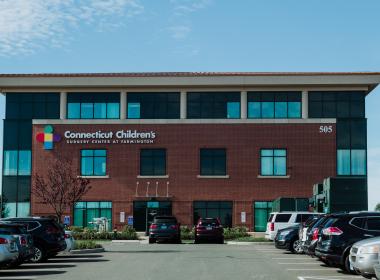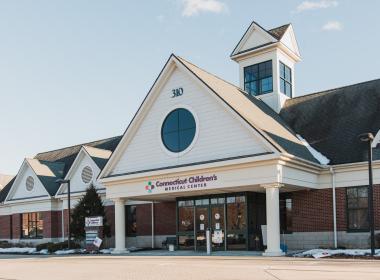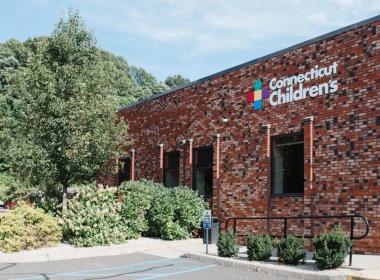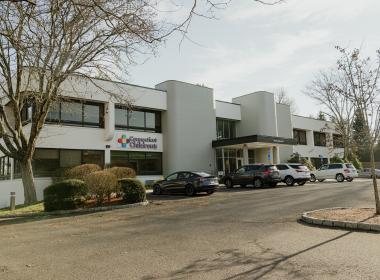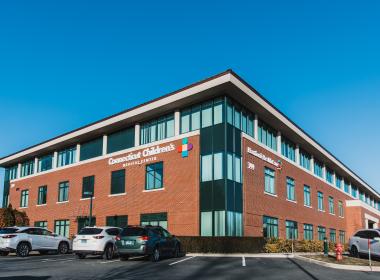Concussion Treatment in Children and Teens
Concussions require prompt diagnosis and treatment. Concussions are one of the top sports-related injuries. That’s why Connecticut Children’s Sports Medicine has developed a comprehensive, sports-related concussion program for adolescent and young adult athletes. This program helps to identify a concussion, helps identify signs of concussion, and treats children with concussions.
What is a Concussion?
A concussion is a functional injury to the brain resulting from a traumatic hit to the head, face, neck or a blow to the body that delivers an impulsive force to the head (i.e. whiplash).
A concussion injury occurs at the cellular level. After a hit occurs, calcium, which is located outside of the cell, floods into the cell, triggering an increased need for glucose from the brain. Glucose is required for energy production, which, in turn, is needed to allow healing to take place.
In contrast, Potassium leaks out of the cell, resulting in a surge of events that ultimately end in vaso-constriction, meaning a decrease in the normal amount of blood that is delivered to the brain.
This neuro-metabolic cascade that is occurring within the cells of the brain is simply an energy crisis: the brain is demanding glucose to heal from the injury and the body is not supplying the blood that carries the glucose.

Our Concussion Services
- Comprehensive concussion management, including school and sport recommendations
- Therapeutic services, including physical therapy, vestibular therapy and speech therapy
- “Return-to-play” protocols
Know The Signs of a Concussion In A Child
The most commonly reported signs and symptoms of a concussion are:
- Headache
- Feeling slowed down
- “Fogginess”
- Difficulty concentrating
- Nausea
- Sensitivity to light
- Fatigue
- Sensitivity to noise
- Dizziness
- Balance problems
How To Treat A Concussion In A Child
- Recognize that a concussion has occurred. Be aware and attentive about how an athlete feels if they have received a blow.
- Remove the athlete immediately from practice or competition. It is very dangerous to allow an athlete with symptoms to sustain another injury.
- Refer the athlete for medical care. It is critical that medical attention be given to an athlete with a concussion in a timely fashion to ensure the athlete receives proper treatment.
- Rest. In most cases, some degree of physical and congnitive rest is needed. Too much exertion can exacerbate symptoms and slow recovery.
Concussions In Sports: Returning to the Field
Athletes who receive concussion treatment will receive a customized scholastic and athletic plan matching their individual needs.
